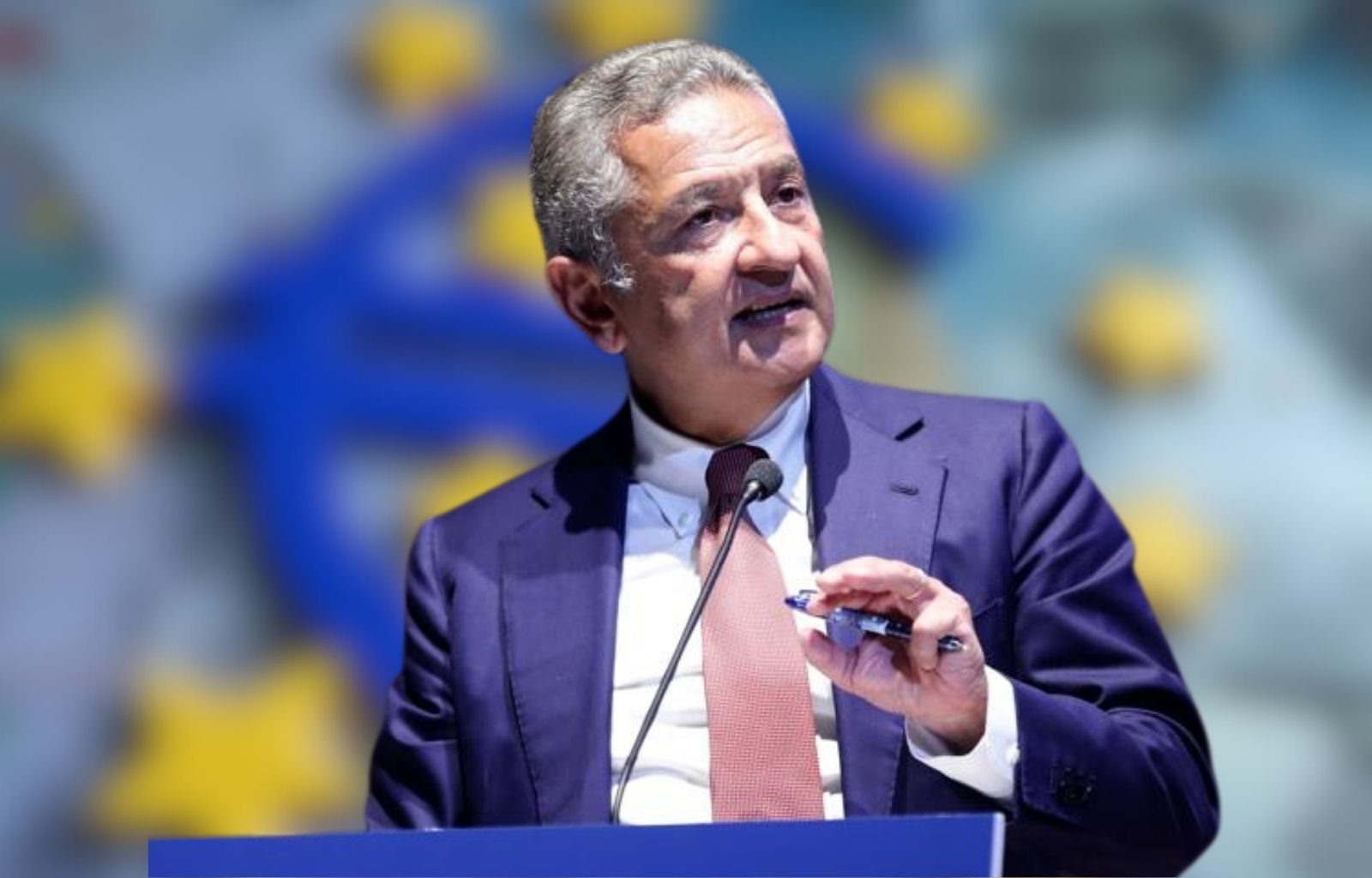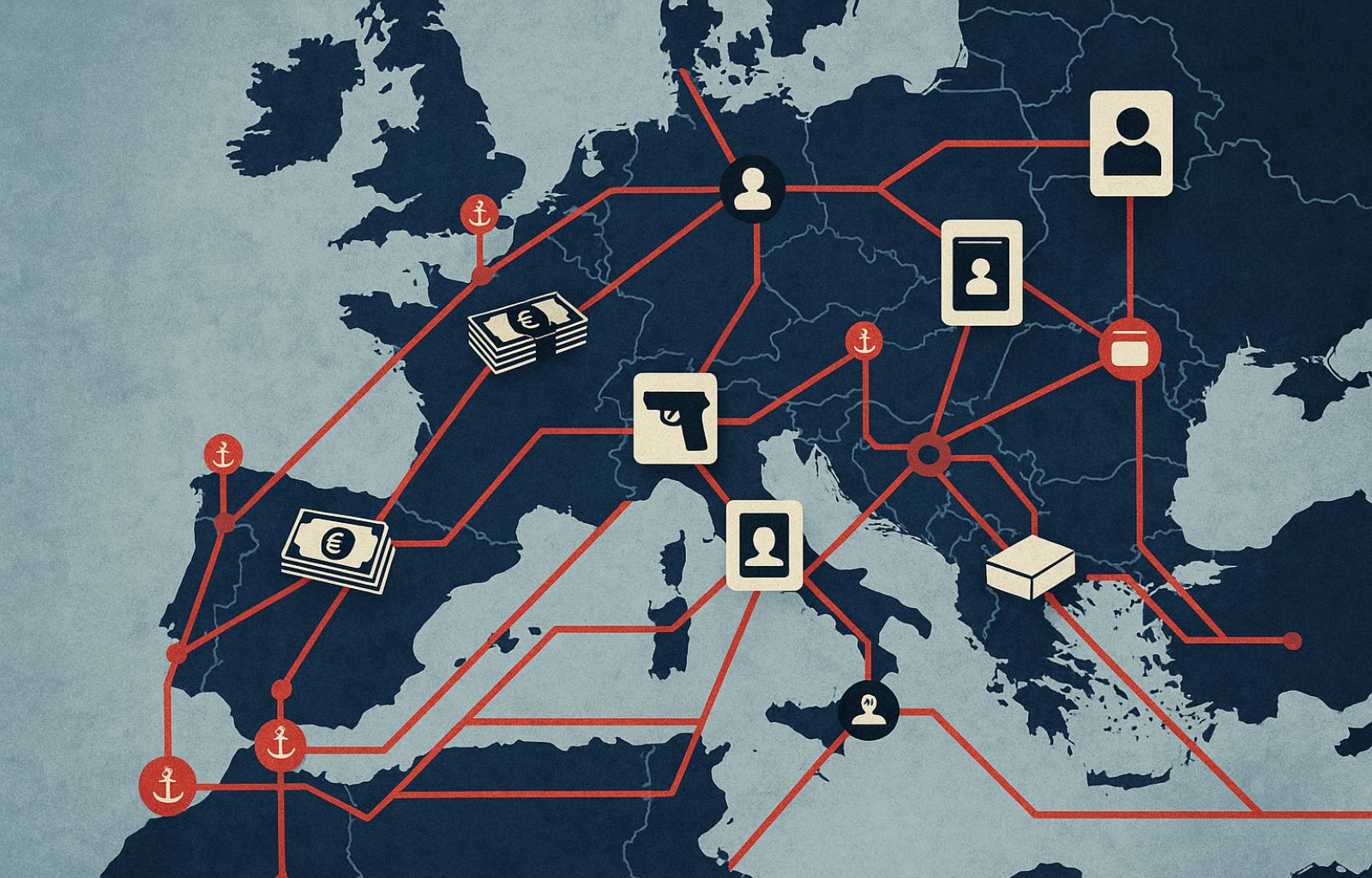Time for Eurobonds: Panetta in the wake of Draghi and Merkel

Fabio Panetta, Governor of the Bank of Italy, turned the spotlight on one of the most controversial and ambitious issues for the future of the European Union: the introduction of Eurobonds. In a context marked by energy crises, ecological transition and the need for economic revival, Panetta called for overcoming the old rules of the Stability Pact and adopting innovative instruments such as shared debt securities. Eurobonds, according to the governor, could represent a historic turning point for a Europe that wants to be united and competitive.
Eurobonds: opportunity or risk?
According to Panetta, Eurobonds are much more than a financial measure. They are an opportunity to build a more cohesive Europe, capable of financing investments in strategic areas such as digital transition, infrastructure and the fight against climate change.“We can no longer rely only on the ECB,” warns Panetta.“We need a common fiscal policy to ensure stability and growth.”
To support this vision, Panetta pointed out that a Eurobond programme of EUR 200 billion per year would have a limited impact on the EU’s overall debt, but a decisive effect on competitiveness. These funds could be used to close the gap with the US, particularly in key areas such as research and development, where Europe is still lagging behind. Furthermore, the regular issuance of Eurobonds would create a liquid secondary market, lowering yields and ensuring long-term financial sustainability. “With 200 billion a year of European bonds, little effect on EU debt,” Panetta said, emphasising the importance of well-managed debt geared towards productive investments.
But the proposal is not without its detractors. Northern European countries, such as the Netherlands and Germany, fear that Eurobonds could pave the way for a ‘mutualisation’ of debt, in which the more virtuous states would be called upon to bear the burden of less responsible economic policies. “More money is not always the solution,” said Dutch Finance Minister Eelco Heinen, a well-known fiscal hawk and member of the People’s Party for Freedom.
On the other hand, however, there are voices in favour, such as that of French President Emmanuel Macron, who already argued on 17 January 2024, during the World Economic Forum in Davos, that Eurobonds are essential for building European economic sovereignty: ‘Europe must act as a single economic entity. Without common instruments, we risk being squeezed between the United States and China‘.
The Weimar Format: a step towards common expenditure
The latest meeting of the enlarged Weimar Format, which brought together the foreign ministers of France, Germany, Poland, Italy, Spain and the United Kingdom, gave new impetus to the debate on common instruments. One of the central themes was the possibility of using European bonds to finance shared defence spending. At a time of increasing geopolitical instability, the idea of a common defence backed by shared resources could be a decisive step towards greater political and economic cohesion.
The Draghi Report: Eurobonds for European competitiveness
Panetta’s proposals are in line with the recent Draghi Report, which highlighted the need for Europe to invest between EUR 750 and 800 billion per year to remain competitive. The document, commissioned by Commission President Ursula von der Leyen, emphasises that instruments such as Eurobonds are essential to finance key sectors, from green transition to technological innovation.
However, Draghi warned: for Eurobonds to be effective, they must only be used for strategic investments and not to cover current expenses or debts accumulated in the past. Only in this way will it be possible to turn the common debt into an engine for growth and not into an unsustainable burden for future generations.
Merkel: from fiscal austerity to openness to debt
Even Angela Merkel, the symbol of austerity during her long tenure, recently revised her positions on debt. The former German Chancellor recognised that current challenges, such as the climate crisis and the need to strengthen European security, require more investment. Merkel suggested that the famous German ‘debt brake‘ may no longer be appropriate for the times, opening the door to more fiscal flexibility.
Good debt or Europe in ruins?
The Eurobond debate sums up one of the thorniest issues for the future of Europe: how to balance the need for investment with fiscal responsibility. Critics point to the risk of waste and perverse incentives, but supporters, including Panetta, Draghi and Macron, retort that the real danger is inaction.
The central issue is the quality of debt. If debt is used for strategic investments – infrastructure, green transition, innovation – it can generate growth, welfare and stability. If, on the other hand, it is squandered on unproductive spending (read 110% superbonus, for example), it risks becoming an unsustainable burden. The choice, as Panetta emphasises, is not between debt or not, but between good, future-oriented debt and a Europe that risks collapsing under the weight of its divisions.
The message is clear: faced with the possibility of leaving future generations a Europe in rubble or a well-used debt, the choice is forced. What is at stake is not only economic, but concerns the political and civil destiny of the continent.











